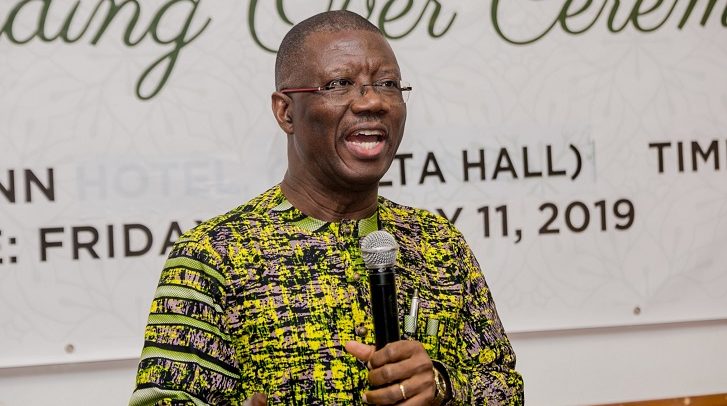Yaw Amoyaw-Osei
GHANA IS losing its leadership position in environmental assessment (EA), according to Yaw Amoyaw-Osei, Founder of the Centre for Environmental Health and Research Technology (CEHRT).
He expressed concern that the nation’s growth in this critical area is stalling, attributing the diminishing prospects to a collective failure among various stakeholders, including the government agencies, parliamentarians, educational institutions, the media, and the public.
Touting the country’s previous achievements, he said Ghana was counted among the best examples of good practice EA jurisdictions. Some of these achievements included the expert review report by the EPA on the Aboadze Thermal Power Plant EIA (1995/6), and the EPA and the World Bank jointly prepared Tema Environmental and Social Management Plan (ESMP) in Washington DC.
He added that the country produced two Presidents for International Association of Impact Assessment (IAIA) and hosted the Annual Conference of IAIA in Accra in 2009.
In a recent statement, Mr. Amoyaw-Osei outlined some key factors contributing to Ghana’s decline in EA leadership which include aging assessment processes.
‘The country’s environmental assessment procedures are over 30 years old. Ghana’s regulations remain unchanged, necessitating an urgent overhaul to align with contemporary practices and incorporate current environmental requirements” he said.
Mr. Amoyaw-Osei bemoaned the lack of capacity building, indicating that since the initiation of capacity-building efforts in 1995, there has been a noticeable decline in EA capabilities within national institutions.
This stagnation, he stated, stems from the failure to establish and maintain environmental positions in Metropolitan, Municipal, and District Assemblies (MMDAs), hindering the development of effective EA practices.
Additionally, Mr. Amoyaw-Osei criticised the failure of key institutions—including the Environmental Protection Agency (EPA), the Ministry of Sanitation, and the Accra Metropolitan Assembly—to act on the President’s declaration of Accra becoming the cleanest city.
In a bid to re-capture the fading image and additional potential benefit, Mr. Amoyaw-Osei emphasised that all stakeholders must take responsibility for reversing this trend and revitalise the country’s position in environmental assessment.
“As the nation grapples with these challenges, the call for collective action has never been more urgent.
Mr. Amoyaw-Osei made this statement at the first edition of the Webinar in commemoration of the CEHRT 20th anniversary.
By Prince Fiifi Yorke


